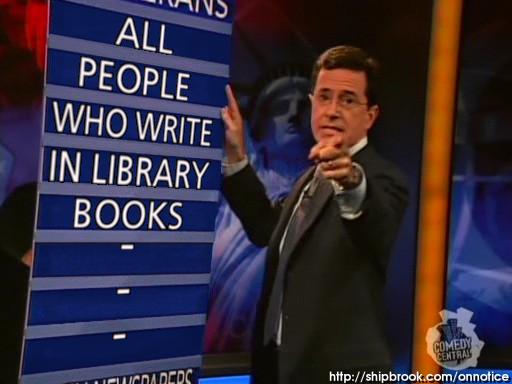Today is Remembrance Day (11 November) in Canada (as well as in the UK, Australia, and other Commonwealth nations), a day that we remember the sacrifices of members of the armed forces and civilians in times of war and peacekeeping.
All schools in Canada will have Remembrance Day assemblies and one of the traditions is to recite a famous Canadian poem about World War I, “In Flanders Fields.” Here is the poem:
In Flanders fields the poppies blow
Between the crosses, row on row,
That mark our place; and in the sky
The larks, still bravely singing, fly
Scarce heard amid the guns below.
We are the Dead. Short days ago
We lived, felt dawn, saw sunset glow,
Loved, and were loved, and now we lie
In Flanders fields.
Take up our quarrel with the foe:
To you from failing hands we throw
The torch; be yours to hold it high.
If ye break faith with us who die
We shall not sleep, though poppies grow
In Flanders fields.
— John McCrae
One of my favourite Dire Straits songs is “Brothers in Arms,” a haunting ode to the foolishness of war.
These mist covered mountains
Are a home now for me
But my home is the lowlands
And always will be
Some day you’ll return to
Your valleys and your farms
And youll no longer burn
To be brothers in arms
Through these fields of destruction
Baptisms of fire
Ive watched all your suffering
As the battles raged higher
And though they did hurt me so bad
In the fear and alarm
You did not desert me
My brothers in arms
Theres so many different worlds
So many different suns
And we have just one world
But we live in different ones
Now the suns gone to hell
And the moons riding high
Let me bid you farewell
Every man has to die
But its written in the starlight
And every line on your palm
Were fools to make war
On our brothers in arms
May we never forget.
He shall judge between the nations,
and shall arbitrate for many peoples;
they shall beat their swords into plowshares,
and their spears into pruning hooks;
nation shall not lift up sword against nation,
neither shall they learn war any more (Isa 2:4)


 If you think I meant black cats in the title, you’re wrong.
If you think I meant black cats in the title, you’re wrong.